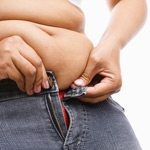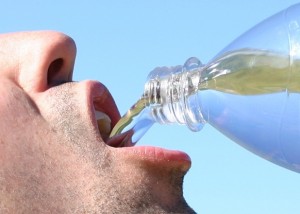A procedure, known as endoscopic sleeve gastroplasty (ESG), that involves shrinking the stomach with stitches could help overweight adults lose five stone in six months.
ESG is scalpel-free which means there is no scarring and patients can return to work within days.
It causes the patient to feel fuller quicker and their appetite reduced, as the stomach is around two-third to three-quarters smaller after the procedure.
It is important that they do not over-indulge as the stitches will break, which will result in the stomach returning to its original size.
Studies suggest that most of the patients who undergo this procedure lose and keep off at least 60% of their excess weight, which is around 3 stone in average.
ESG is available privately at a cost of around £10,000 or as part of an NHS trail.
An alternative to operations is medication which can help with weight loss.
Xenical and Alli are weight loss treatments currently available in the UK.
To read more about Xenical and Alli and for a free private online consultation (with a UK GMC-registered doctor) for weight loss medication, please go to www.ukmeds4u.com.
It is estimated that 1 in 4 adults in the UK are overweight/obese.
To read more about ESG, CLICK HERE









